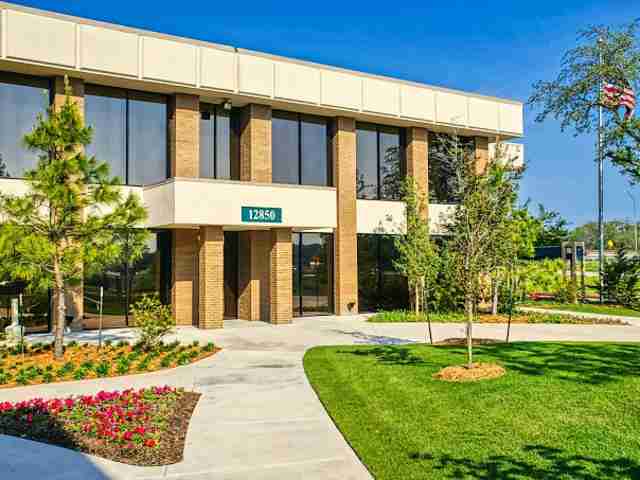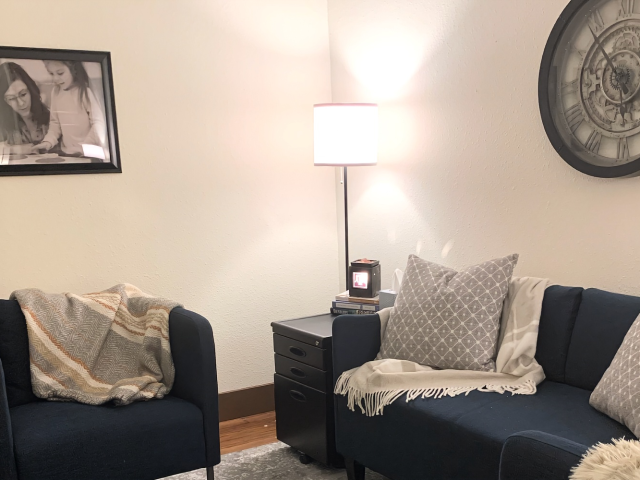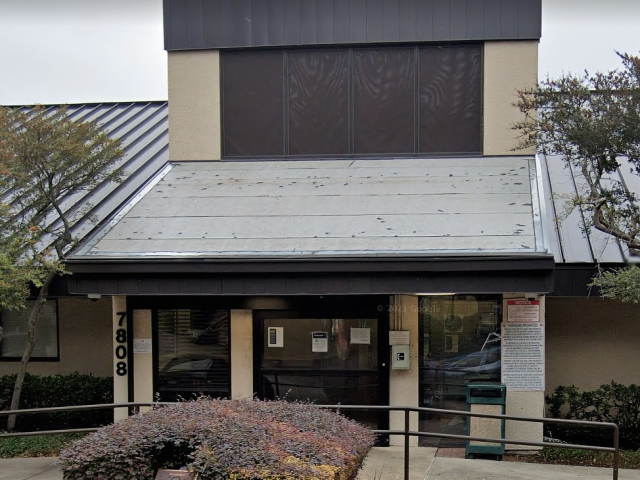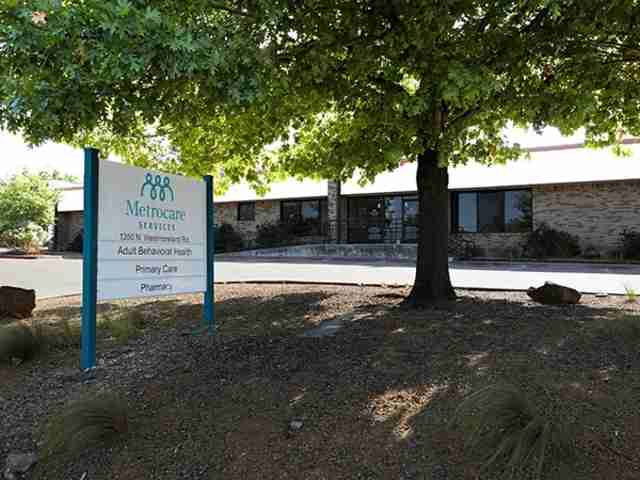More About Treatment Centers for Older Adults
Addiction Rehab for Seniors and Elderly
Nearly 1 million U.S. adults aged 65 and older struggle with a substance use disorder (SUD), commonly known as addiction.(1) This segment of the population typically faces unique struggles involving substance misuse and addiction.
Addiction can be treated and rehab for older adults can yield positive results. Understanding the unique challenges that older adults face when struggling with addiction, how specialized treatment can help, and how to find specialized treatment for older adults can be important for achieving recovery.
Addiction in the Elderly
Alcohol misuse is the most common reason why older adults enter addiction treatment.(1) Marijuana and opioid use, including heroin, has also increased among this population.(1)
Some might consider substance misuse an issue that adolescents and young adults grapple with, but aging brings unique stressors, physical health changes, and transitions in social roles that can increase the risk of SUD.(1)
Older adults have cited loneliness, partner illness, and loss of independence as reasons for drinking alcohol.(2)
Aging also brings about physiological changes. Older adults metabolize substances more slowly than younger people do, which means that their brains and organs are more sensitive to the effects.(1)
Further, many older adults take prescription medications that don’t interact well with alcohol, which can lead to higher blood-alcohol concentration and health problems such as liver toxicity, gastrointestinal issues, sedation, and lower efficacy of medications.(3)
In addition to physiological changes, older adults are also more likely to experience mood disorders, memory problems, and lung and heart issues, and substance use can worsen conditions.(1)
Alcohol and drug use can reduce coordination and slow down reaction time, leading to accidents. Injuries from falls are a greater health risk for older adults than younger ones and usually involve lengthier recovery times.(1)
What’s more, family and friends may think that falls or injuries are related to the person’s advanced age, when these accidents may actually be masking substance misuse. While it may seem easy for someone age 65 and older to hide their substance misuse, some signs of addiction are difficult to ignore.
Signs of Addiction in Older Adults
Mental health professionals use the following criteria to diagnose an SUD:4
- Using the substance for a longer time or in higher amounts than originally intended.
- Not being able to stop or control substance use despite a desire to do so.
- Continuing to use the substance despite it causing problems in relationships.
- Spending a significant amount of time obtaining, using, or recovering from the effects of the substance.
- Not fulfilling responsibilities at work, school, or home due to substance use.
- Continuing to use the substance despite it causing or exacerbating a physical or psychological condition.
- Continuing to use the substance in risky situations, such as driving.
- Abandoning other activities to make time for substance use.
- Experiencing cravings or a strong desire to use the substance.
- Developing tolerance to the substance, needing to take it in greater amounts to feel the same effects.
- Experiencing withdrawal if substance use is abruptly stopped or significantly reduced.
For an SUD diagnosis, two of the above criteria must be present during a 12-month period.(4) However, if even one criterion is present, professional help can assist in addressing the reasons for use and preventing the issue from worsening.
Senior Addiction Treatment
Just as behavioral therapies and pharmacological treatments have been successful in treating SUD in younger populations, they have proven effective in treating older adults, too.(1)
While research on the best specific model of care is ongoing, longer treatment durations tend to yield better results for the senior population.(1)
An ideal treatment scenario addresses co-occurring conditions and provides case management services, including access to medical care and rebuilding support networks.(1)
As with any demographic, effective SUD treatment for older adults also includes clinician understanding of diversity, including varying attitudes about substance use.(5)
For example, adults born during World War II may have beliefs toward substance use that were shaped by their parents, who grew up during the Prohibition era. These older adults may feel shame about their use and be less likely to report it.(5)
By contrast, baby boomers born after World War II and into the early 1960s may have more relaxed attitudes about substance use and may be more likely to talk about it.(5)
Given that issues and attitudes in older adulthood can mask substance misuse, consulting with providers and being screened is important.(5)
There is a continuum of care and the type of treatment best suited for someone depends on their unique situation and needs. The main levels of care can be placed into the following 4 categories:(5,6,7)
- Medical detoxification (detox): Detox is the process by which the body rids itself of harmful substances. Many may choose to undergo detox in a medically-managed setting. This helps to make withdrawal safer and more comfortable as providers work to wean the body off of the substance as well as administer medications to reduce withdrawal symptoms. It is important to note that detox is not treatment, but rather, it stabilizes the person in preparation for treatment.
- Inpatient treatment: Inpatient or residential treatment involves living at the treatment facility and receiving care and support 24/7, making it best suited for someone with severe addiction or co-occurring conditions.
- Outpatient treatment: Outpatient treatment involves living at home and commuting to the treatment facility. There are 2 main forms of outpatient treatment: partial hospitalization (PHP) and intensive outpatient (IOP) treatment. PHP is suited for someone who has a more severe addiction but does not need round-the-clock care, receiving 20 or more hours of treatment per week. IOP treatment, by contrast, is less intensive, requiring 9 or more hours of treatment per week. Oftentimes, IOPs schedule meeting times in the evenings and on weekends to accommodate those who need to attend work or school on weekdays.
- Aftercare services: Aftercare services take place after rehab treatment is complete and help sustain the progress made to prevent relapse. Examples include peer support meetings, 12-Step groups, individual therapy, and group therapy.
Paying for Senior Addiction Treatment
No matter the level of care needed, there are various options for paying for treatment. The Affordable Care Act (ACA) has expanded healthcare, making it easier for people to seek treatment for certain conditions.
This includes requiring health insurance plans to cover medically necessary mental health and SUD treatment.(8)
It may also be possible to use Medicare to help pay for substance use treatment. Costs typically vary depending on the specific insurance plan.(9)
Find a Senior Addiction Treatment Rehab Near You
It’s never too late to seek treatment. Seeking rehab for older adults can yield positive outcomes, helping you or someone you love reduce or stop use and improve health and quality of life.(5) You can use our treatment directory to locate a rehab center by entering a keyword or location.
Sources
- National Institutes of Health. (2020). Substance use in older adults.
- Kelly, S., Olanrewaju, O., Cowan, A., Brayne, C., & Lafortune, L. (2018). Alcohol and older people: A systematic review of barriers, facilitators, and context of drinking in older people and implications for intervention design. PloS ONE, 13(1), 1-14.
- Cousins, G., Galvin, R., Flood, M., Kennedy, M., Motterlini, N., Henman, M.C., Kenny, R., & Fahey, T. (2014). Potential for alcohol and drug interactions in older adults: Evidence from the Irish longitudinal study on ageing. BMC Geriatrics, 14, 1-10.
- Substance-related and addictive disorders. (2013). In Diagnostic and statistical manual of mental disorders (5th ed.) text revision.
- Substance Abuse and Mental Health Services Administration. (2020). Treating substance use disorder in older adults: Treatment improvement protocol (TIP) 26.
- Substance Abuse and Mental Health Services Administration. (n.d.). Detoxification and substance abuse treatment: A treatment improvement protocol TIP 45.
- National Center for Substance Abuse and Child Welfare. (2018). Understanding substance use disorder treatment: A resource guide for professionals referring to treatment.
- US Department of Health and Human Services. (2023, January 23). Fact sheet: Celebrating the Affordable Care Act.
- Medicare. (n.d.). Mental health & substance use disorders.














































